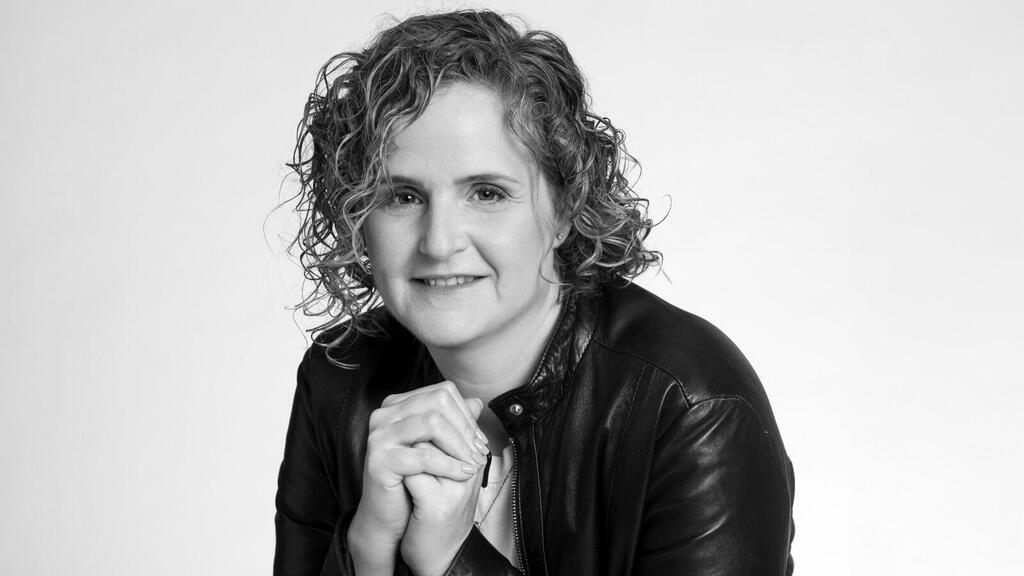
HR in the AI era
Redis has taken a default “yes” stance on AI tools
AI tools are helping fuel Redis’ high-growth phase and fostering stronger alignment between its IT, data, and HR teams.
“Our product is very technical and our company’s innovation and success relies on our engineers' creativity,” said Keren Arush Friedman, Senior HR Director at Redis. “This is the secret sauce of our success and won’t change. We see AI tools as a way to enhance their day-to-day work.”
CTech’s "HR in the AI Era" series explores how the AI revolution is impacting the workforce across Israeli high-tech companies. In this series, we uncover the effects (both personal and professional) that this technology shift has had on Startup Nation.
“We are not looking at AI as a replacement for our talent but more as augmenting it in certain tasks and improving our velocity,” added Arush Friedman.
You can read the entire interview below.
Company name: Redis
Your name and title: Keren Arush Friedman, Senior HR Director
Names of founders and upper management: Founders: Ofer Bengal and Yiftach Shoolman
CEO: Rowan Trollope
Year of founding: 2011
Investment stage: Pre-IPO
Total investment to date: $350 Million
Field of activity: AI, Data
Number of employees: 1000 overall, and over 270 in Israel
Office location: Tel Aviv and eight other offices around the world
Number of open positions: Currently we have 27 open positions in Israel, mainly in R&D and Product.
On a scale of 1-10, how much does the AI revolution disrupt your company operation in general, and the HR department specifically?
In general: 8
For the HR department: 7
On a company level, we are implementing many AI tools and methodologies. Our CEO provided a “yes” approach for every tool suggested by the team as long as it meets certain security requirements.
In HR, we are working with AI in recruiting and other functions and evaluating our HRIS systems to be ready for more structural changes.
What interesting AI tools do you and your staff use in employee management/recruitment?
Our IT department is integrating with HR-trained chatbot to answer employees on basic operational questions.
In which roles or tasks within your company has AI already begun to replace human labor (if at all)?
We are not looking at AI as a replacement for our talent but more as augmenting it in certain tasks and improving our velocity. Our product is very technical and our company’s innovation and success relies on our engineers' creativity. This is the secret sauce of our success and won’t change. We see AI tools as a way to enhance their day-to-day work.
What are the two major challenges you are coping with these days?
- Upskilling all of our employees in AI proficiency. We’re focusing on getting everyone in the company – not just the early adopters – to use domain-specific AI tools beyond the usual suspects like Chat GPT and Copilot.
- Because the company has a default “yes” stance on AI tools, we have to carefully target where we’re going to allocate resources to train and evaluate employees on their AI proficiency.
Have you experienced workforce-related challenges due to the war, and are you still feeling the impact of the security situation on your human resources?
Some of our team members are still being called to reserve duty which obviously takes a toll on them and their families. We are doing everything we can to make their life easier and show them our appreciation.
We are a global company and with so many people who might work on the same team, but in different parts of the world, we highly value face-to-face interactions. We sometimes see hesitancy to travel to Israel which makes it harder to facilitate that experience.
Fortunately our executives from the US have been very supportive of our team here and have visited the team here several times.
Have you made changes to your workforce following the increased use of AI tools, both in terms of headcount and internal shifts between departments?
We are in a high-growth phase, so the efficiency AI tools bring has helped fuel that.
We are also seeing stronger alignment between our IT and data teams and our HR teams. Many of those teams have actually been brought together under the Chief Administrative Officer, a new executive position.
How does the global market uncertainty affect your workforce, in terms of employee numbers or departmental reallocations? Are you scaling your workforce up or down in different regions around the world?
We are currently scaling up in all regions.
Do you estimate that in 2025–2026 you will increase or decrease the number of personnel? Explain why.
We anticipate growing our team in 2025–2026. Redis is continuing to invest heavily in both our core database products and new innovations, particularly in the AI space. As Redis plays an increasingly central role in AI applications, both as a high-performance database and as part of the broader AI ecosystem, we are scaling to meet that demand. As part of this growth, we currently have over 27 open positions in Israel alone, primarily in our R&D and Product team, and we expect continued hiring momentum in the coming year.













